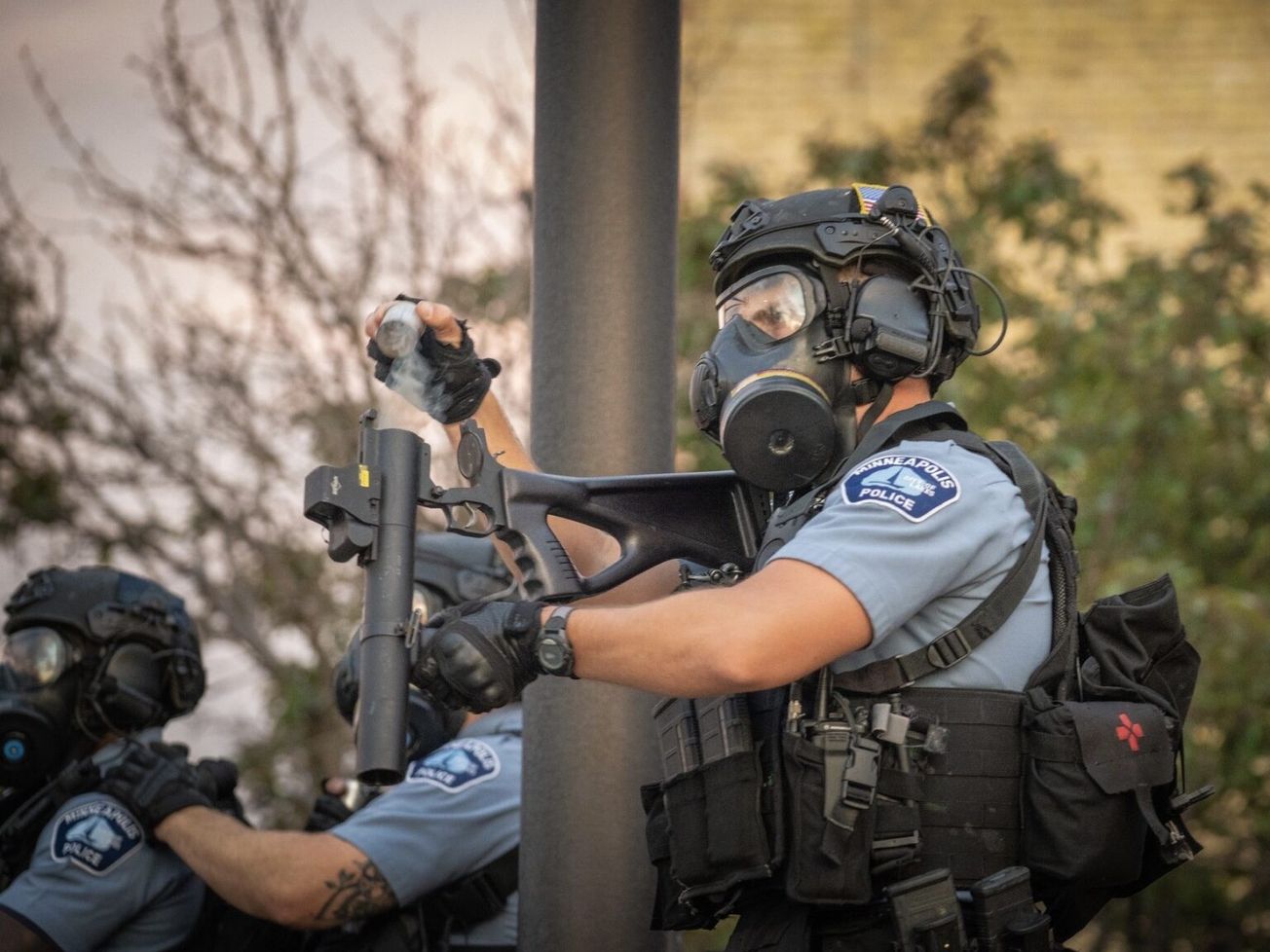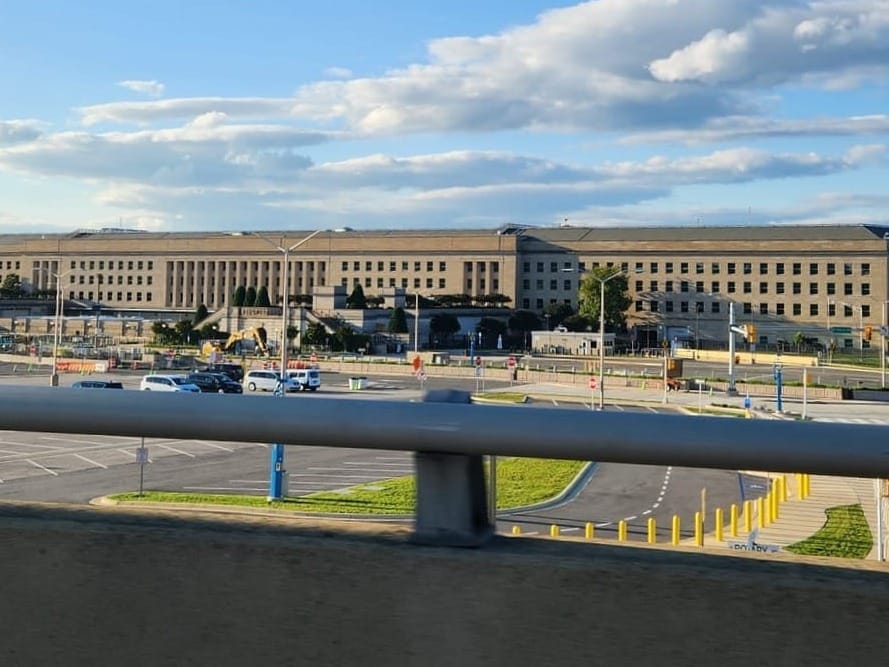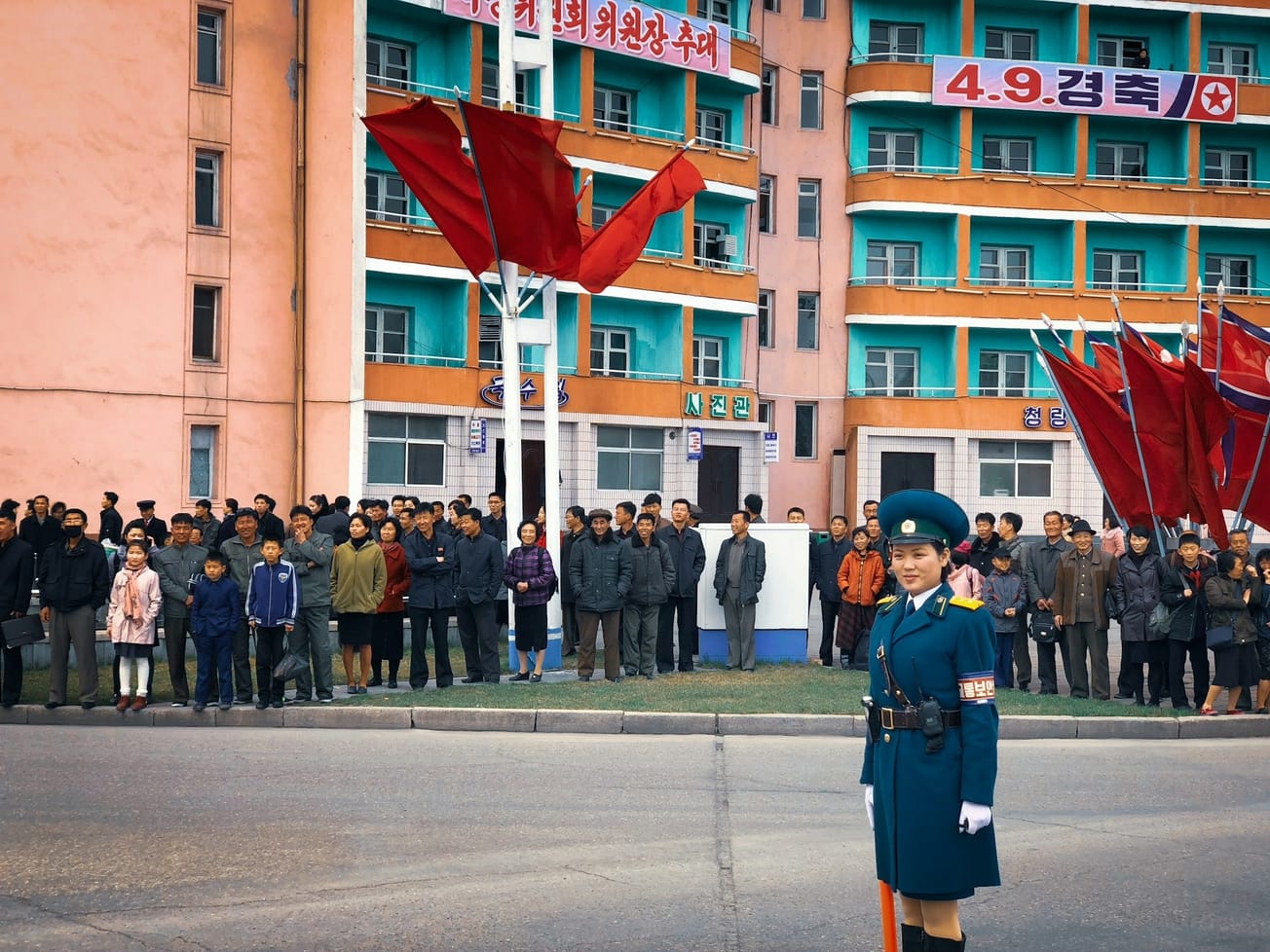WASHINGTON (AN) — Crackdowns on protesters and journalists landed the United States on an updated watchlist of nations where a global alliance on Monday said it had "serious concerns regarding the exercise of civic freedoms."
The watchlist from CIVICUS, a network of civil society organizations and activists, also included concerns about recent developments in four other countries: Azerbaijan, Hungary, Niger and the Philippines.









